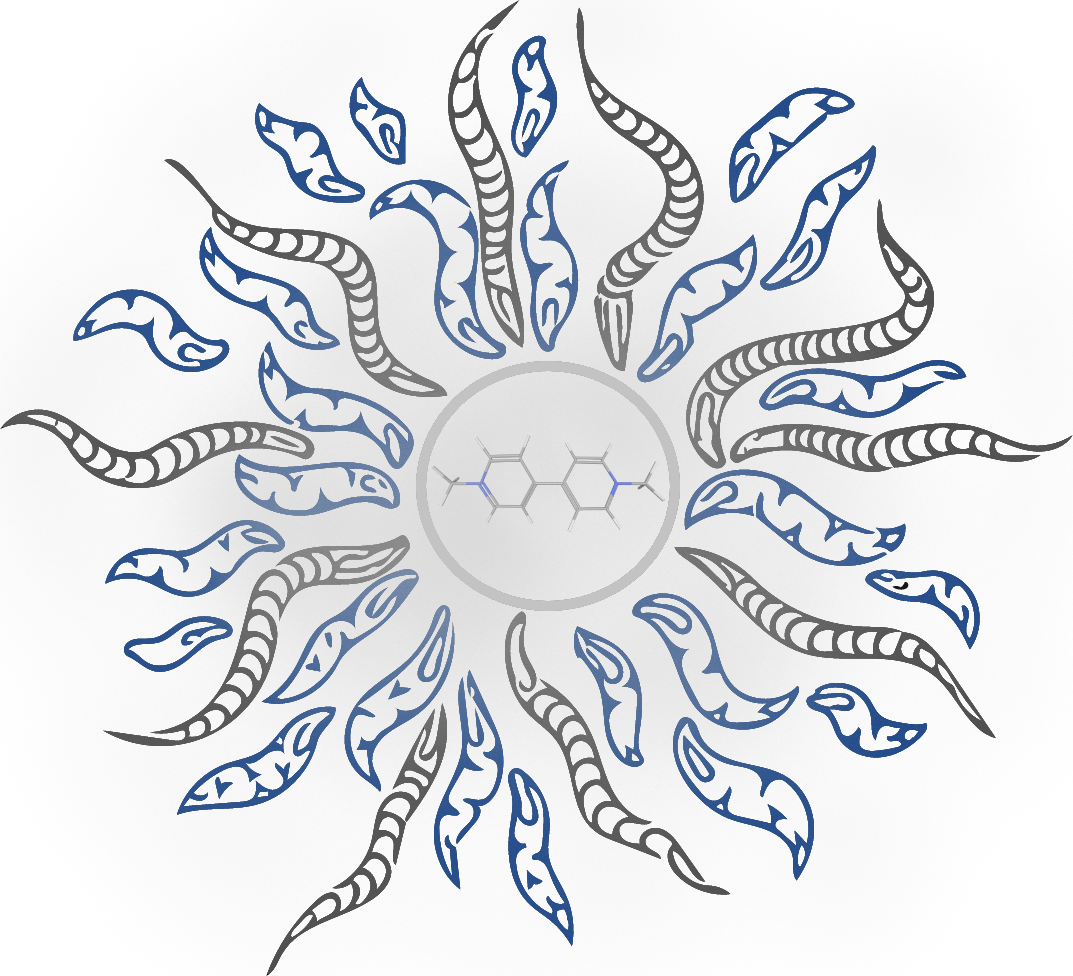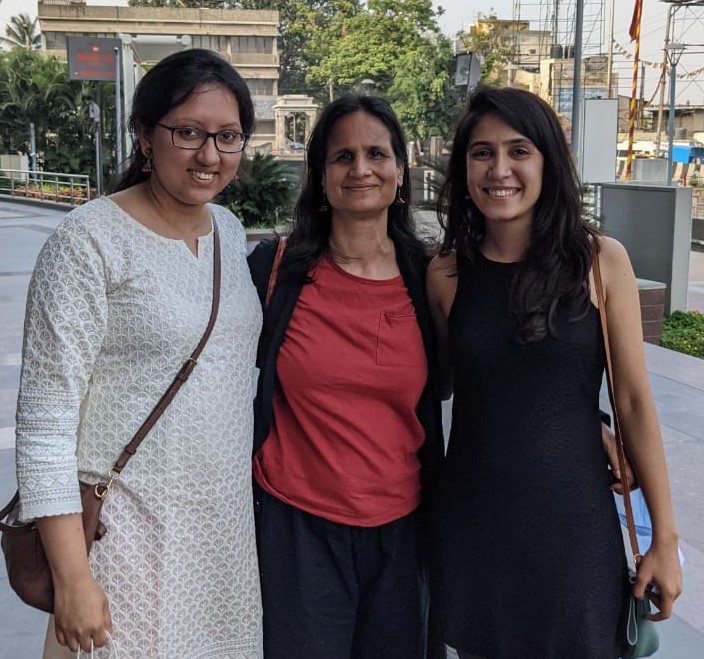Using roundworms to study skin diseases
Debayan Dasgupta
Humans encounter toxins in their environment every day. A significant source of these toxins is herbicides and pesticides used in farmlands, which find their way into our food. Our skin acts as the primary barrier to such toxins. Collagen proteins in our skin play an important role in preventing these toxins from entering our body. Defects in the collagen barrier can cause several diseases like Gaucher’s disease, atopic dermatitis and psoriasis.
A new study from Varsha Singh’s lab at the Department of Molecular Reproduction, Development and Genetics proposes that Caenorhabditis elegans may be used as a model organism to understand how our skin responds to environmental toxins. C. elegans is a soil-dwelling roundworm used widely in molecular and developmental biology research. Throughout its lifetime, it produces 177 different types of collagens and some of these proteins are important for maintaining the shape and structure of its skin. But very little is known about the function of a majority of these 177 proteins.

—–
In the study, the researchers found that at least six of these proteins are responsible for determining what can pass through the skin. Genetically modified worms lacking even one of these proteins were found to be more susceptible to herbicides and deworming drugs like ivermectin. The loss of four out of the six crucial proteins led to physical changes in the skin structure, making it look discontinuous and wrinkled under a high resolution electron microscope. Compromised skin permeability led to increased accumulation of toxins, greater tissue damage and accelerated death.
REFERENCE:
Anjali Sandhu, Divakar Badal, Riya Sheokand, Shalini Tyagi, Varsha Singh, Specific collagens maintain the cuticle permeability barrier in Caenorhabditis elegans, Genetics, Volume 217, Issue 3, March 2021
https://doi.org/10.1093/genetics/iyaa047

Madhumanti Dasgupta, Varsha Singh and Anjali Sandhu (Left to right)
LAB WEBSITE:
https://sites.google.com/view/varshalab/home





